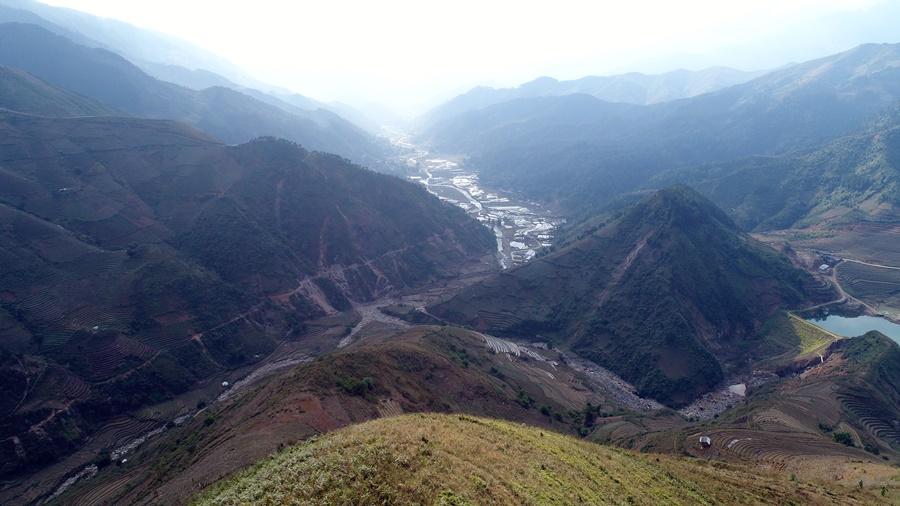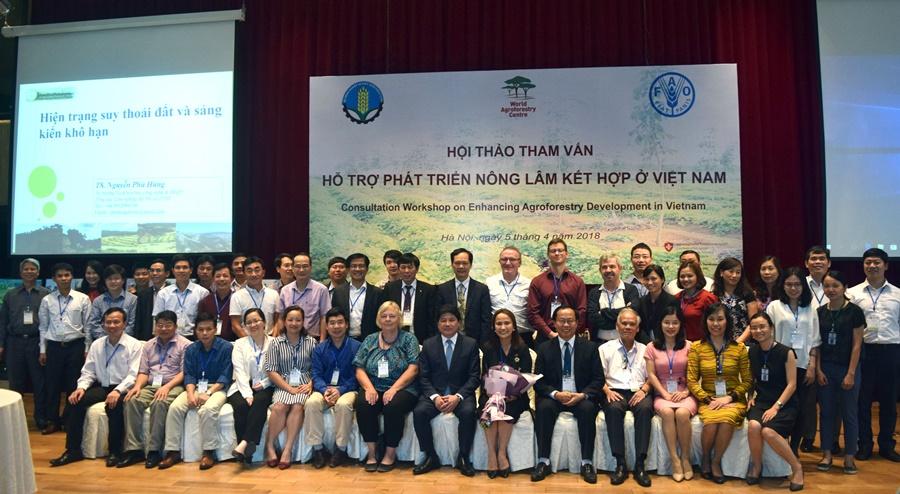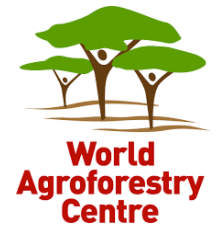Strategy for Agroforestry Development in Vietnam
Vietnam is preparing for a long-term strategy to speed adoption of agroforestry throughout the country
By Pham Thanh Van
In Vietnam, agroforestry has been practised for a long time, however, its widespread adoption remains limited owing to a range of factors. Building on previous work to address barriers to adoption, a workshop was held on 5 April 2018 in Hanoi, in which participants agreed that a long-term strategy for the development of agroforestry throughout the country was needed to address national and international commitments.
The workshop, Enhancing Agroforestry Development in Viet Nam: Policy Environment and Investment Opportunities, featured presentations by Nguyen Ba Ngai, vice-director of the Vietnam Administration of Forestry; Chu Van Choung, vice-director of the International Cooperation Department of the Ministry of Agriculture and Rural Development; Yurdi Yasmi of the Food and Agriculture Organization of the United Nations (FAO); and Delia Catacutan, country coordinator of the World Agroforestry Centre (ICRAF) Vietnam.
The workshop was another step forward after a 2015 national policy dialogue for agroforestry development, from which two actions were implemented with technical and financial support from FAO. First, a review of agroforestry-related policies; and, second, formulation of an agroforestry development proposal for the nation. Progress on these two actions was presented at the workshop to ensure the most viable strategies were developed for Vietnam.
The policy working group presented their analysis, confirming that there was no specific policy for agroforestry development, the situation being compounded by a lack of legal definition of agroforestry practices and no official guidelines. The working group highlighted that many of the barriers to adoption could be addressed through promulgation of supportive policies, including on land and tenure, financial mechanisms and rural advisory or extension support for farmers.
The Northern Mountainous Agriculture and Forestry Science Institute, ICRAF and UN-REDD presented their experience with promoting agroforestry practices in different regions in the country, followed by FAO’s presentation on the National Target Program on Sustainable Forest Development and Drought Initiatives, which was reinforced by a call from FAO for all present to work together to prepare a proposal on nationwide agroforestry development.
Just what shape that would take was discussed by the participants, with many agreeing that it was necessary to have an official definition of agroforestry upon which to base a legal framework for a specific policy and subsequent activities. Others, however, argued that it was not necessary to have a unique policy for agroforestry but rather it was better to integrate practices into existing policies relating to forestry, agricultural extension or advice, and payment for forest environmental services.
Overall, the workshop agreed that there were many solutions for more effective promotion of agroforestry, such as through promulgating agroforestry techniques, improving governance, establishing financial mechanisms, developing markets (including carbon), increasing education and training, integrating with payment for forest environmental services and UN REDD programs, and adopting organic certification.
Participants also agreed that there was an urgent need for a nationwide study of agroforestry to assess the successes and lessons from existing practices, regions suitable for agroforestry and the main commodity species. The participants expected that a long-term strategy for the development of agroforestry in Vietnam would be developed in the near future.
In a panel discussion, representatives from the Vietnam Administration of Forestry, FAO, ICRAF and Japan International Cooperation Agency discussed such a strategy. They argued that Vietnam should have a national program in which there were targets and resource mobilization for long-term development. The Government was expected to be able to gather national and international partners to fill the gaps in technology, finance and markets.
There was also discussion of more and deeper collaboration to speed adoption of agroforestry. The Ministry of Agriculture and Rural Development expressed its support for the partners continuing to work with the Government in restructuring the agricultural sector to increase production quality, quantity and value.
This work is linked to the CGIAR Research Program on Forests, Trees and Agroforestry. ICRAF The World Agroforestry Centre is one of the 15 members of the CGIAR, a global research partnership for a food-secure future. We thank all donors who support research in development through their contributions to the CGIAR Fund.



